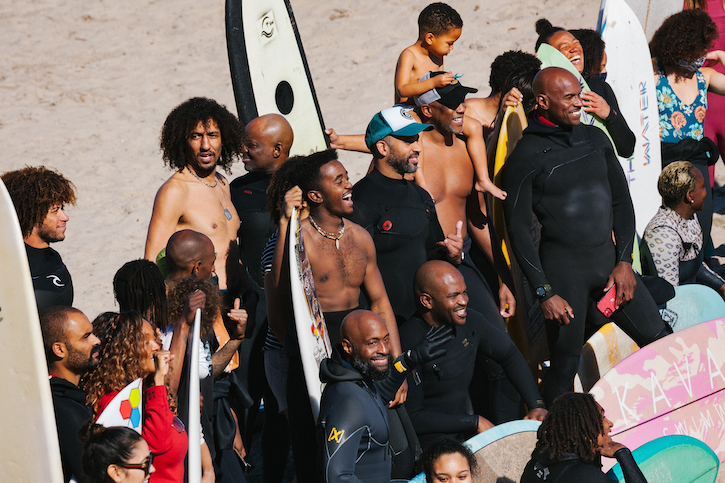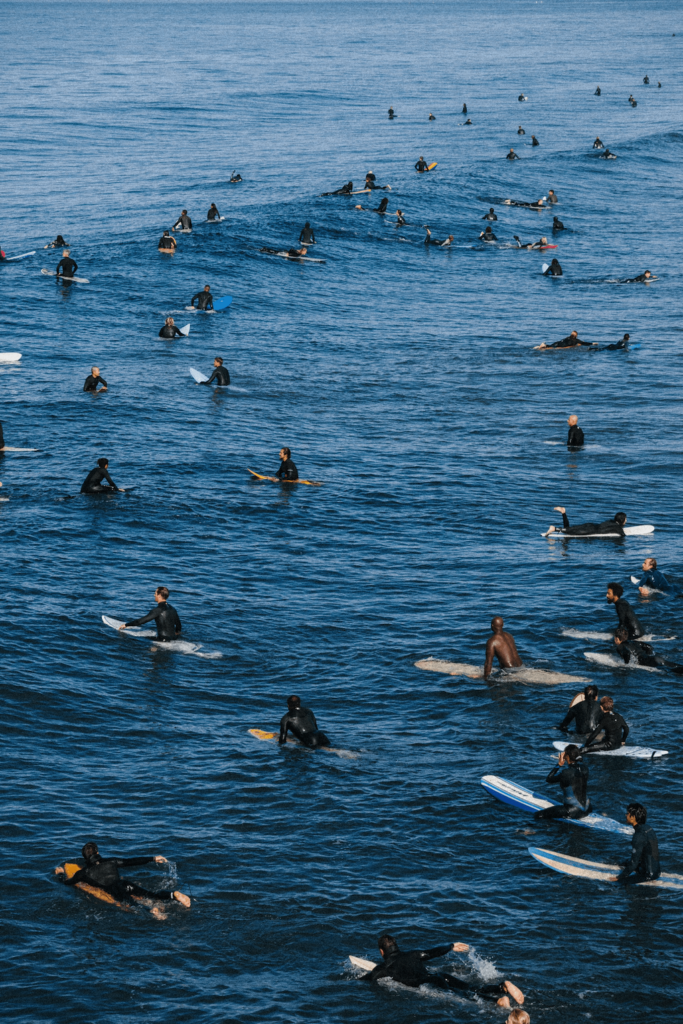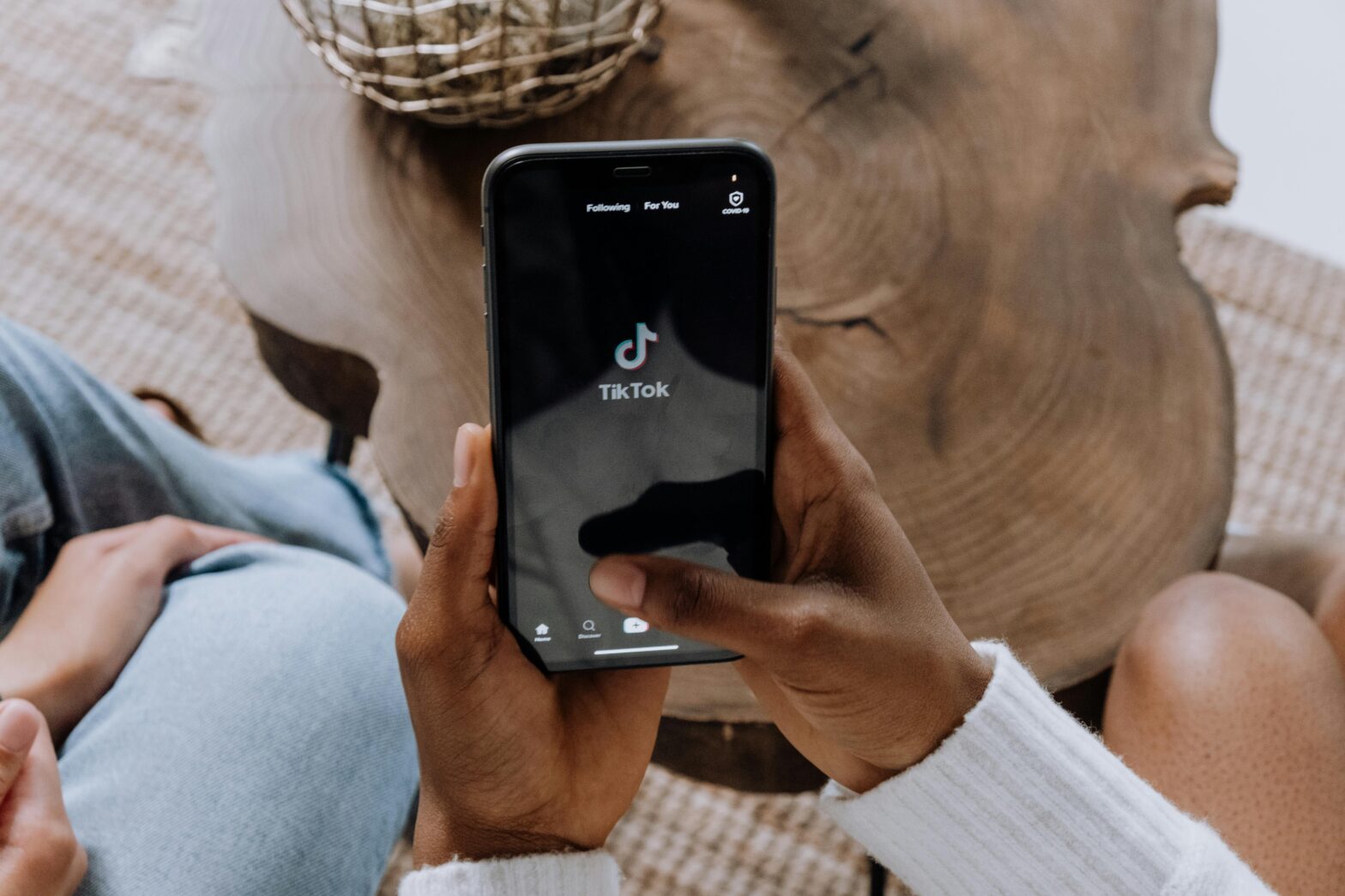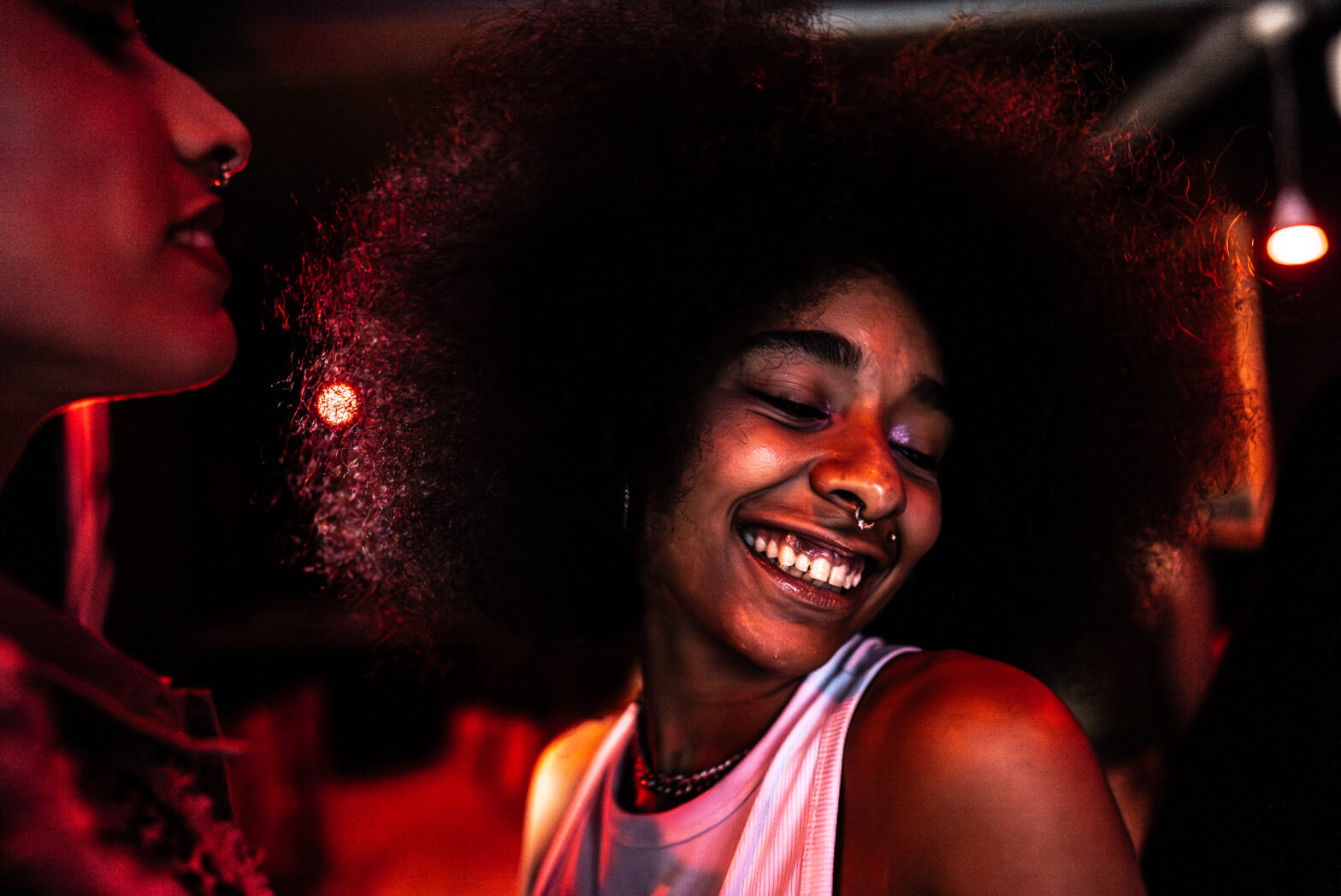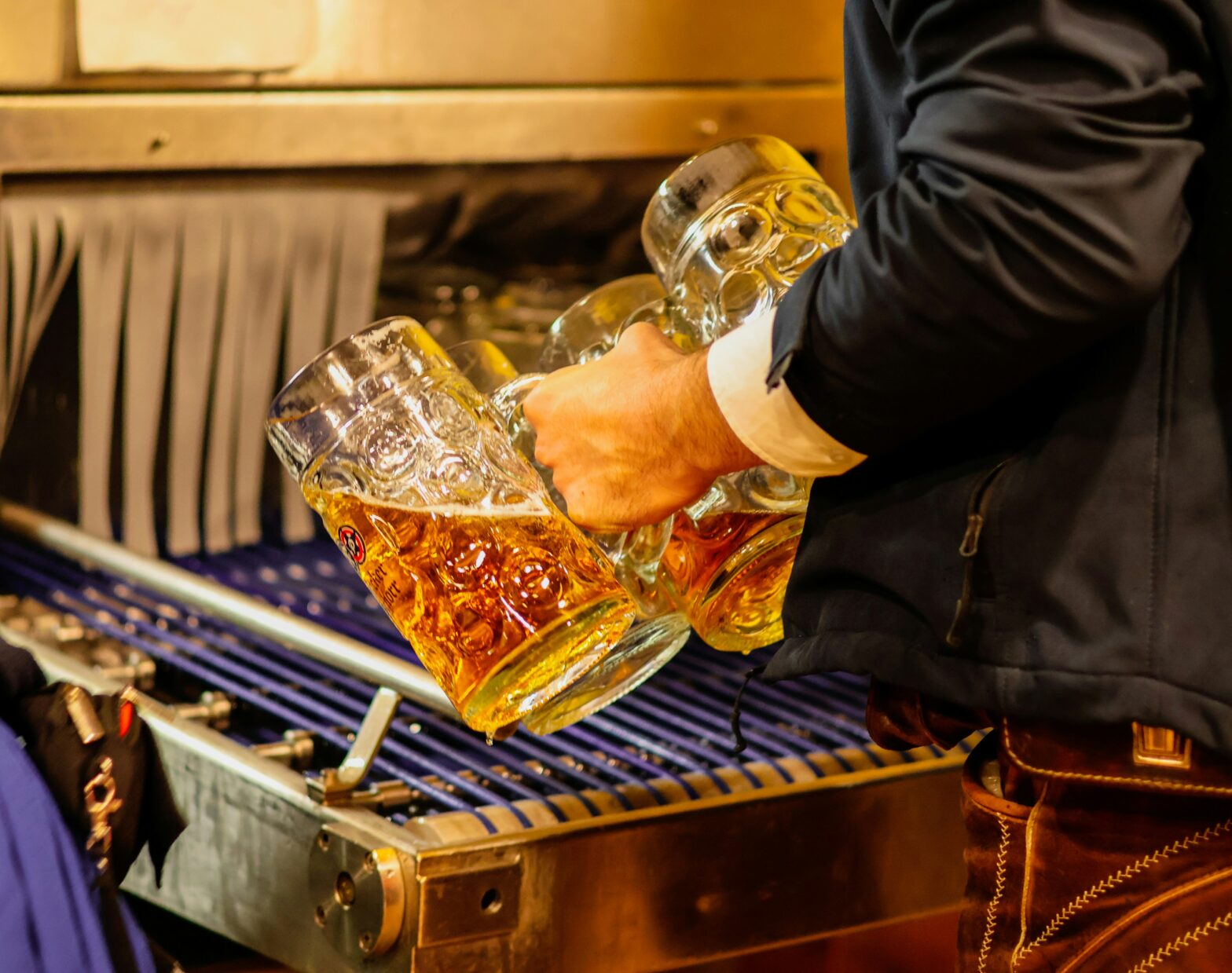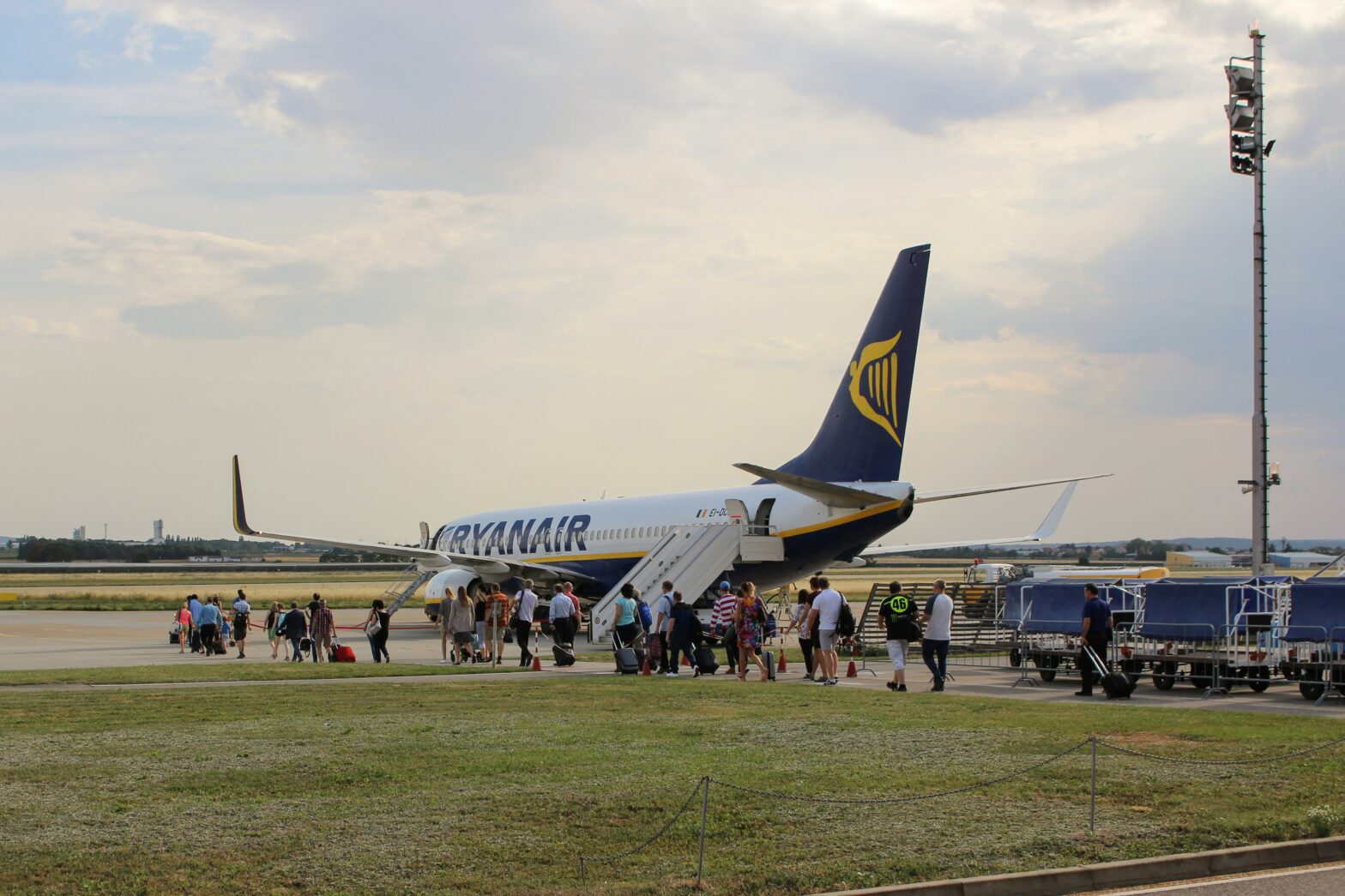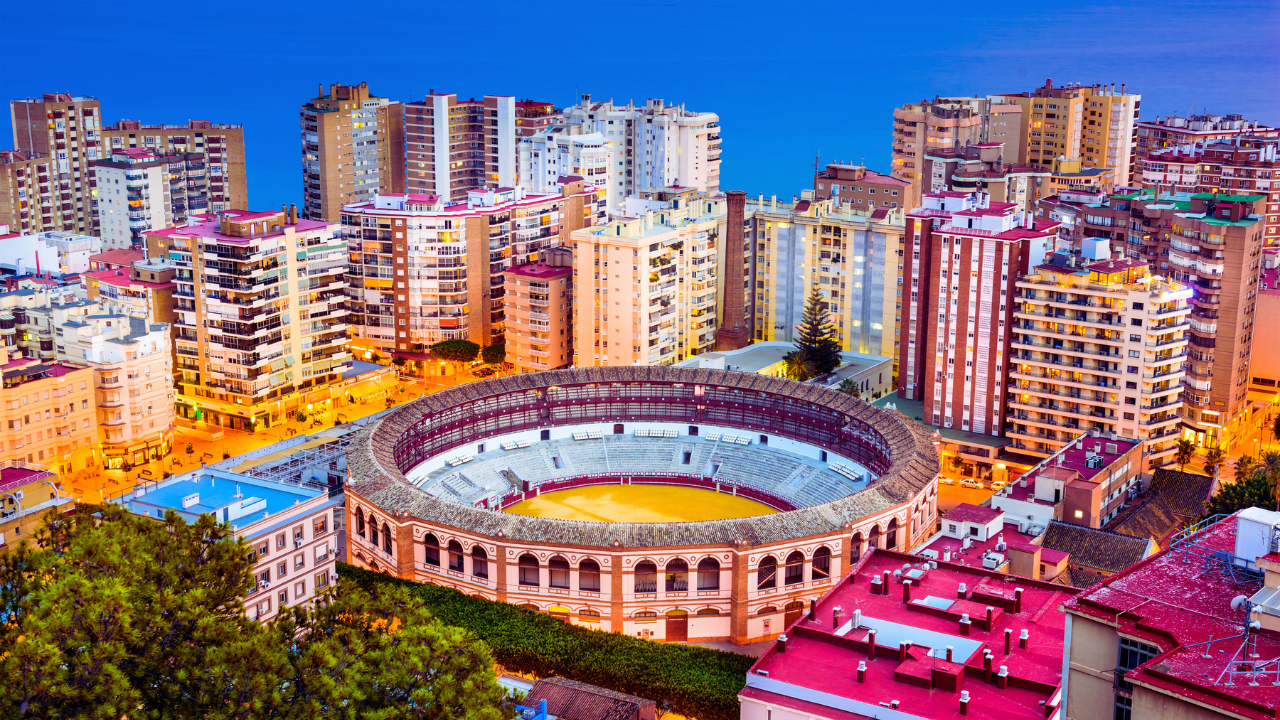“Surfing is a healing experience for me above all else and I want to represent the underrepresented groups in the water,” surfer Brick tells Travel Noire.
The Los Angeles native is the founder of the surf & arts collective, Black Sand. The mission behind the group’s early morning surf sessions in Southern California relates to the organization’s overall intentions to spread more awareness for Black surfers who take up space in a predominantly white industry.
“Black Sand was founded to show people how to embrace the journey of learning how to surf.”
Although the Black Sand surf collective was created during the pandemic— August 2020 to be exact— the group has gained a wider audience following a racist incident that occurred at Manhattan Beach on Feb. 15.
However, the incident resulted in a beautiful outcome— hundreds of Black surfers arriving at the beach to show their allyship and support for the collective’s Black Sand Peace Paddle painted by Alain Boris.
The initiative was conducted to reset the tone for surfers to acknowledge the social responsibility they have to not condone discriminatory behavior in the open waters.
“I feel a sense of impact because I want to be able to inspire the next person to not be intimidated by surfing because many BIPOC may feel intimidated by the ocean or the people in it,” states Brick. “My parents didn’t grow up next to the beach. I didn’t get the luxury of having this my whole life. I know I deserve to be at the beach just as much as anyone else.”
The series of events that occurred last month has motivated Brick and his Black Sand surf collective to instill more programming and events based around inclusivity in the water.
“In this space, in particular, marginalized groups need to come together, so there are no more margins,” asserts Brick.
Other POC surf organizations — Textured Waves, Color the Water, and Surfrider LA were vocal supporters in the Black Sand’s Peace Paddle protection of basic human rights in American spaces and industries that were seemingly not built for them
“The Peace Paddle is a tradition I want to continue to build through the brand’s products and message.”
Brick plans on donating proceeds to foundations that will help get wetsuits for inner-city kids in Los Angeles, who want to try surfing but may not have the access to do so.
“There are kids who live eight miles from the beach and have never seen the beach in their ten years of life, not knowing it can be such a healing space,” he adds.
The growing surfing community needs to make atonement for the lack of diversity that has prevented the niche watersport industry from allowing minorities to feel comfortable in this space. Black Sand is shifting the conversation around what it looks like to be a surfer and most importantly, what it takes to be one.
“We’ve got to change this whole system. We have to change the culture.”
Black sand beaches are must-see destinations that derive from the granulated rocky byproduct of volcanic activity. Within the rare 17 Black sand beaches around the globe, the beauty lies within the result of these natural landmarks being produced from the explosive lava materials that release from the crater of a volcano. Similar to the anomaly of these exotic beaches, the Black Sand surf collective is pushing for representation on all fronts and is starting with a demographic that isn’t often spotlighted in the world of surfing – the Black surfer.
To learn more about the collective, check out the Instagram page: @blacksand.surf.
